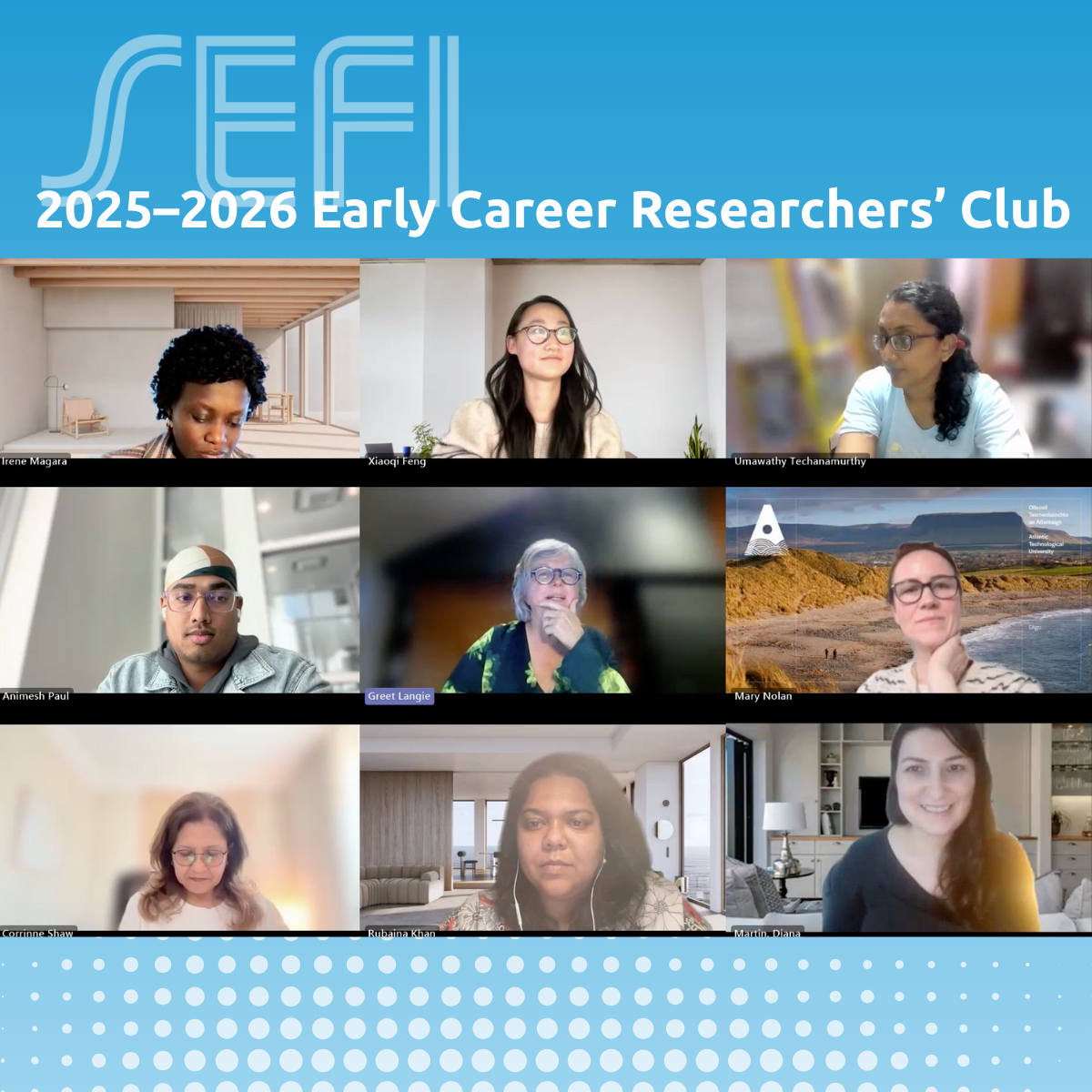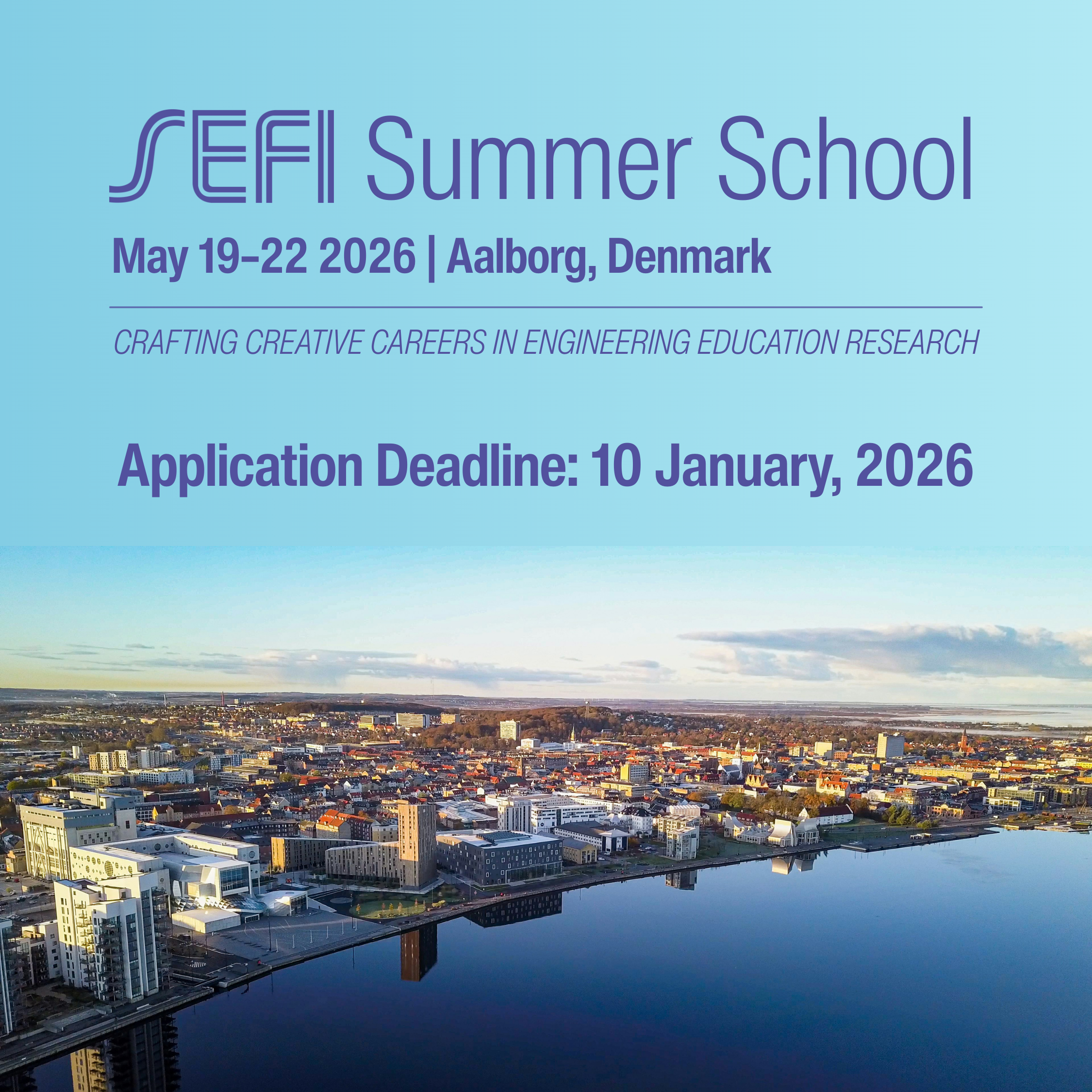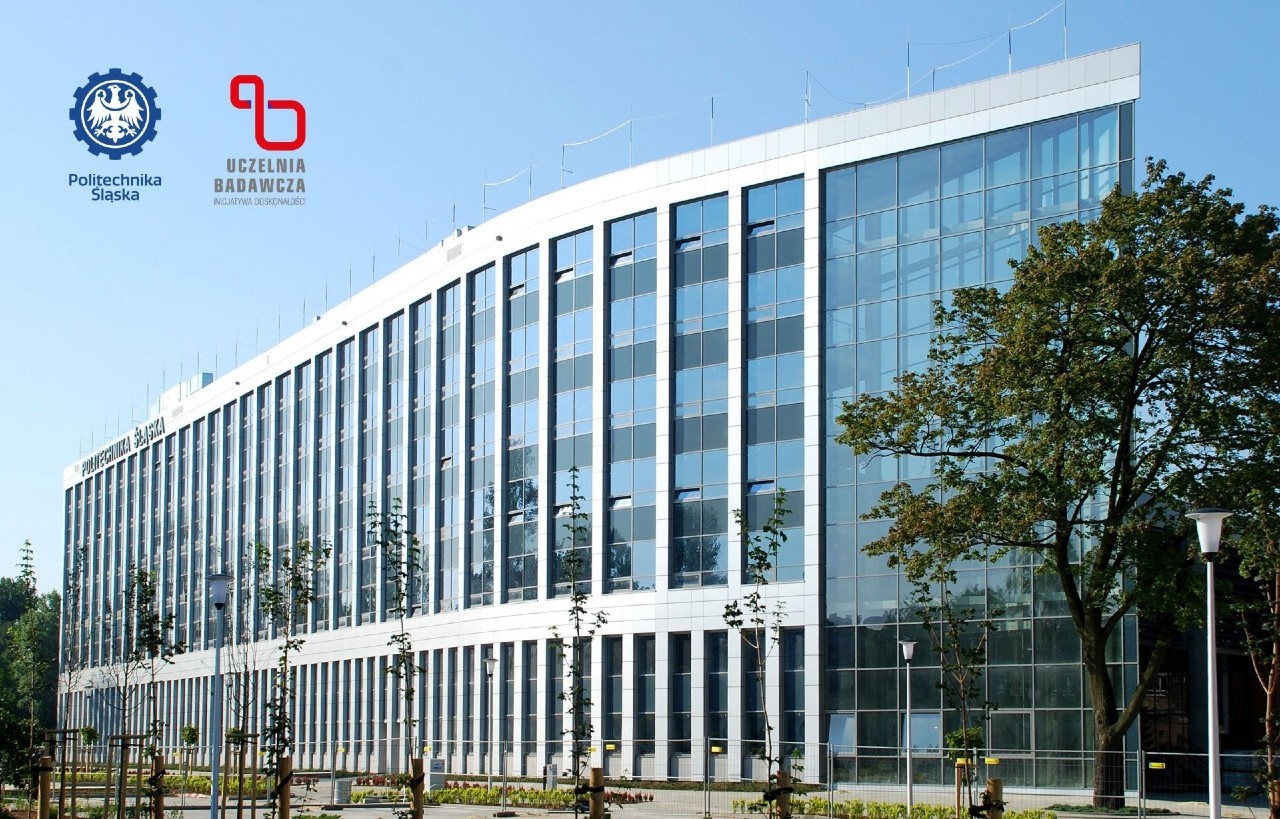The SEFI Early Career Researchers’ Club is a 9-month initiative designed to support and connect…
Engineering ethics education: Navigating uncertainty

Date: 24-26 April 2023
Location: Brussels, Belgium
The SEFI Ethics Special Interest Group is organising a two and a half day workshop on engineering ethics education and invites those interested to submit suggestions for workshops or topics for sessions. Please complete the short Google Form as an expression of interest by 1st February 2023.
Approach: The spring school is intended to maximise opportunities for interaction, discussion and exchange. While papers are welcome, workshops and active sessions that prioritise exchange and discussion on a theme will be prioritised, along with sessions dedicated to small group meetings and dialogue. In completing the Google Form, there are two options for expressing your interest in participating. You are welcome to propose a (1) workshop/active session or (2) suggest a topic that you would like to see at the spring school, including the option to volunteer to lead a workshop, roundtable, or plenary discussion related to that topic. The organisers will match 2-3 participants together to lead workshops around similar interests. The first two days will be structured around workshops, active sessions, and opportunities for community building. There will be an optional half day on 26 April to engage with the European Commission in Brussels.
Theme: The theme for the 2023 spring school, navigating uncertainty, recognizes the growing unpredictability of the world today. From technologies and jobs that have yet to be created to ever-evolving political disruptions, to unprecedented environmental change, engineers face uncertainty. Uncertainty operates at the micro-level in terms of risk in engineering and at the macro-level regarding change and complexity in the societal and environmental context. Engineering educators must prepare students to navigate this unpredictability while ethics education itself involves making decisions within ambiguity. The theme also draws on the location in Brussels as the de facto capital of Europe and home of some of the major European institutions. Brussels aims to be the heart of collaborative decision-making, where voices need to come together to address complex challenges. This serves as a fitting backdrop for engineering ethics education.
The spring school will give a space for those interested in the topic of engineering ethics education, to map out, problematize, combine, and co-create new approaches to teach and research engineering ethics. It will bring diverse voices together to collaborate on ways forward.
Possible topics include:
- Addressing uncertainty, complexity and risk in engineering ethics education
- Collaborative and interdisciplinary approaches to teaching engineering ethics
- Co-creating engineering ethics education
- Engaging stakeholders in the implementation and teaching of engineering ethics
- Digital tools for teaching engineering ethics
- Engineering Ethics, Social Equality and Social Justice
- Capacity building in the engineering ethics education community
- Decolonizing engineering education
- Emotional aspects of engineering ethics education
- Critical perspectives for engineering ethics education and research
Participants are welcome to suggest other themes and topics which may lie outside these strands. For more information, please contact the organiser Madeline Polmear at madeline.ruth.polmear@vub.be


